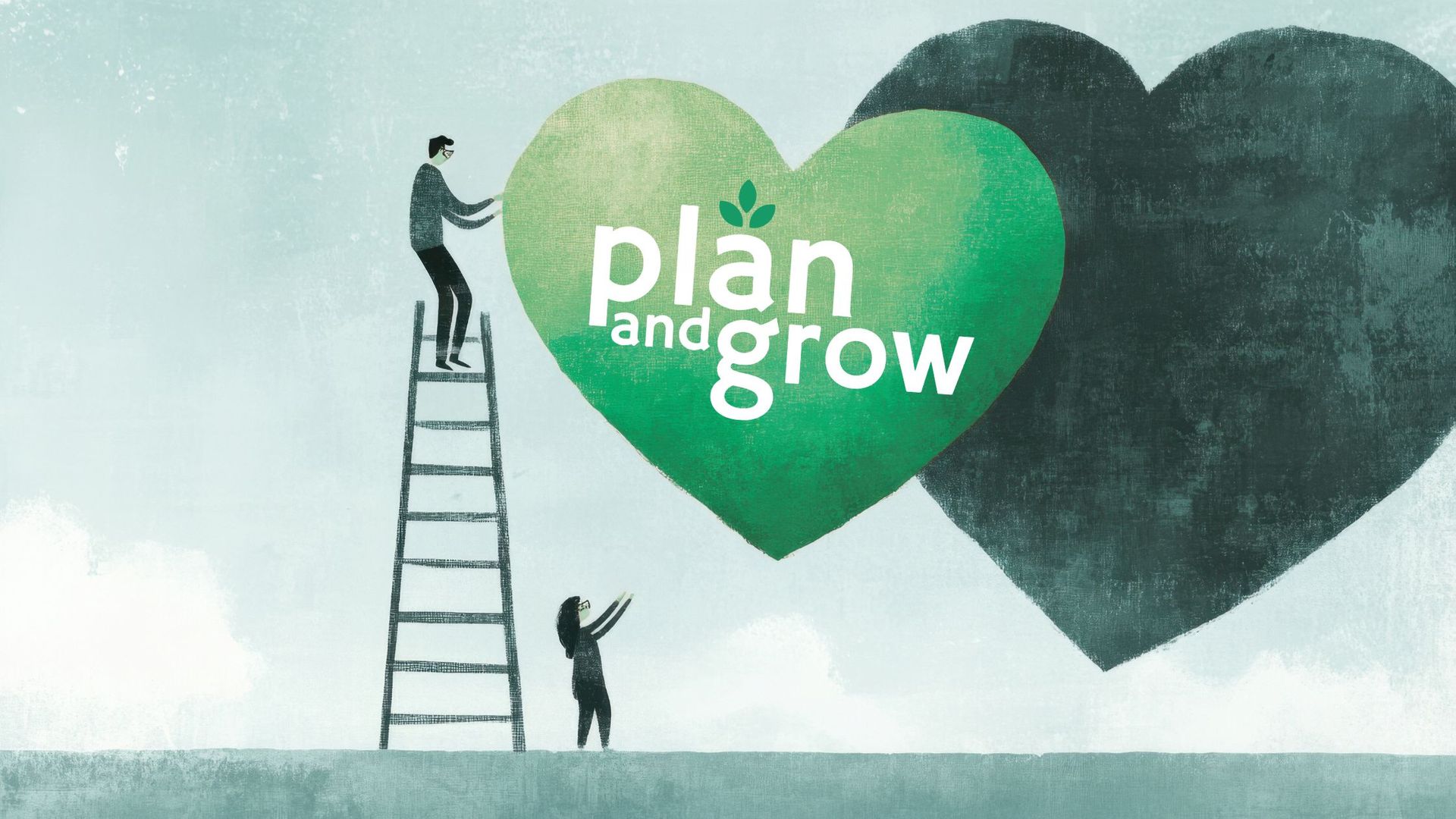Behaviour is Communication: The Heart of Positive Behaviour Support

At its core, every behaviour is a way of communicating a message. It might be an unmet need, a desire for change, or a feeling of being overwhelmed. When these actions cause harm or impact quality of life, they are often called behaviours of concern.
Traditionally, the focus was on stopping the behaviour. Today, a more compassionate, dignified, and effective approach has taken its place: Positive Behaviour Support (PBS). This post explores what PBS is, how it works within the NDIS, and how it can empower people with disabilities to achieve their NDIS goals and build lasting independence.
What is Positive Behaviour Support?
Positive Behaviour Support is a person-centred, therapeutic approach that aims to understand the reasons for a person's behaviour. Instead of just managing symptoms, PBS is a therapeutic support that seeks the "why" behind the action. The primary goal is not just to reduce challenging behaviours, but to improve a person's quality of life by developing new skills and creating more supportive environments.
This approach is grounded in respect and dignity. It recognises that behaviours of concern are often the most effective way a person has to communicate that something isn't right. It's our job as supporters to learn that language and provide better ways for them to be understood.
Positive Behaviour Support and Your NDIS Plan
Within the NDIS, Positive Behaviour Support is a funded behaviour support service. It is guided by strict NDIS standards and guidelines from the NDIS Quality and Safeguards Commission to protect participant rights.
When behaviour support is funded in your NDIS plan, you will work with a qualified behaviour support practitioner. This is a specialist who must meet NDIS Commission requirements and will work collaboratively with you, your family, and your support team to find solutions. The practitioner’s job is to conduct an assessment (a Functional Behaviour Assessment) to understand your needs, triggers, and strengths. This assessment is then used to create a Behaviour Support Plan (BSP), which is a roadmap of strategies for your support team.
What are Positive Behaviour Support Strategies for NDIS?
A good BSP is filled with practical, tailored strategies. These strategies aim to make challenging behaviours unnecessary by providing better alternatives. They generally fall into three categories:
1.
Proactive Strategies (Prevention): These are changes we make to an environment
before a behaviour occurs. If triggers like loud noises or crowded spaces cause
stress, a strategy might be to modify that environment. This could include adding noise-cancelling headphones, creating a quiet space, or establishing a predictable routine. This is a core part of effective stress management and vital for individuals with sensory sensitivities or Attention Deficit Hyperactivity Disorder (ADHD).
2. Skill-Building Strategies (Teaching): This is the most empowering part of PBS. If a behaviour is used to communicate "I'm overwhelmed," we can teach a new, more effective way to express that feeling. This might involve:
- Developing Social Skills: Learning how to ask for a break, navigate social interactions, or express disagreement respectfully.
- Emotional Regulation: Developing anger management or stress management techniques, such as deep breathing or self-soothing activities.
- Communication: Using tools like picture cards or communication devices to replace a challenging behaviour with a clear request.
3. Responsive Strategies (Safe Management): These are actions to take when a behaviour is occurring, with the primary goal of keeping everyone safe. A key focus of modern positive behaviour support is ensuring these responses are dignified and use the least restrictive means possible, which is fundamental to upholding NDIS standards.
By combining these strategies, a behaviour support practitioner can help you or your loved one achieve NDIS goals related to Independence and community connection.
What to Look for in a Behaviour Support Partner
Choosing the right NDIS support provider for behaviour support is crucial. You are forming a partnership built on trust. Look for a provider who:
- Is Genuinely Person-Centred: They should centre the entire process around the participant's goals and choices. They see you as the expert in your own life.
- Is Trauma-Informed: They understand that past trauma can drive behaviours of concern and ensure their approach always feels safe and respectful.
- Champions Skill-Building: Their plan should heavily focus on proactive strategies and teaching new skills, such as social skills and anger management, not just reacting to behaviours.
- Focuses on Reducing Restrictive Practices: Their goal must align with the NDIS Commission's: to reduce and eliminate restrictive practices. Their plan should empower you, not control you.
- Is Registered and Qualified: Ensure your behaviour support practitioner is registered and considered suitable by the NDIS Commission, as this is a requirement for delivering this specialist support.
Your Journey to Empowerment Starts Here
Positive Behaviour Support is a collaborative process that, when done well, can be truly life-changing. By focusing on "why" a behaviour happens, we can co-design solutions that empower individuals to achieve their NDIS goals and thrive.
If you are in Perth, Western Australia, and ready to explore how a truly person-centred and therapeutic approach can help you or a loved one take your NDIS journey to the next level, Plan and Grow is here to help guide the conversation. Our team is committed to providing knowledgeable, helpful, and dignified support services that align with your unique path to independence.




